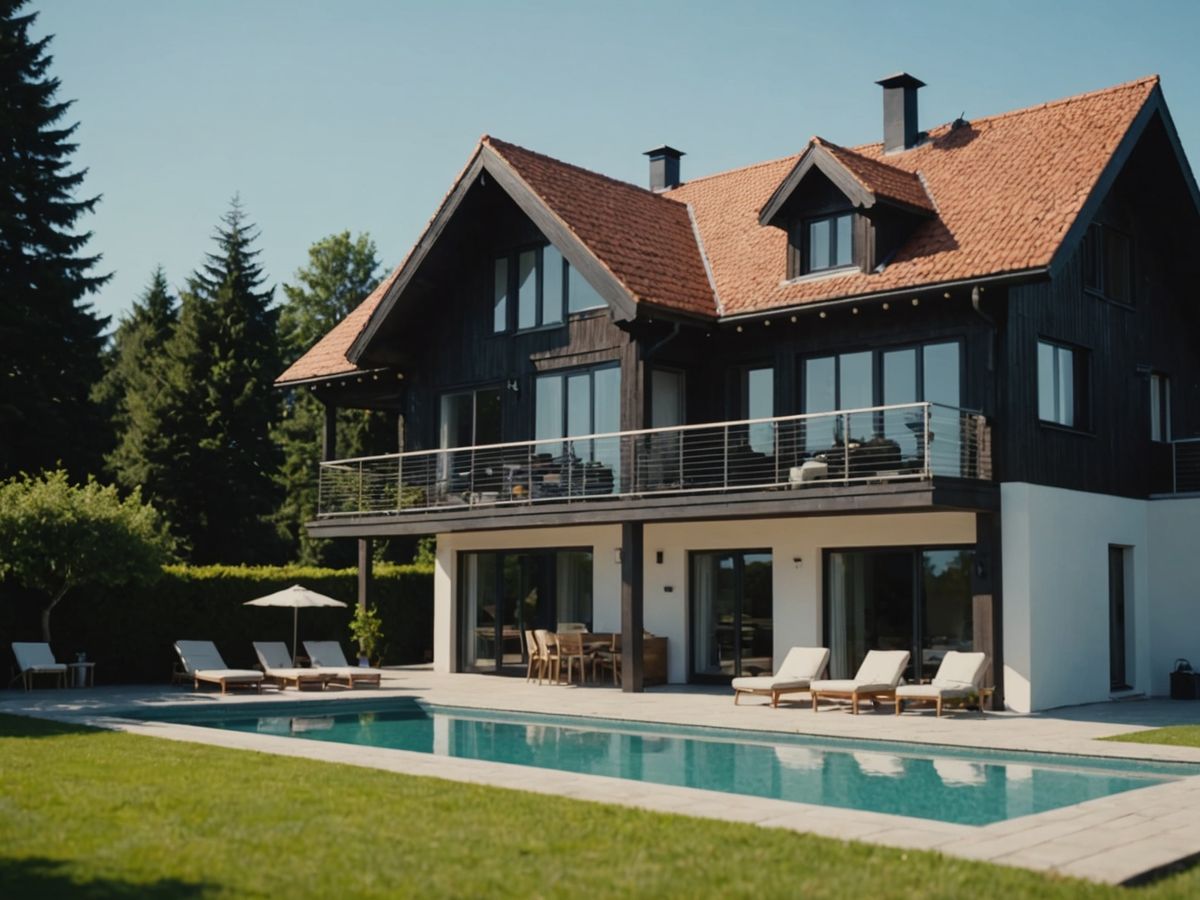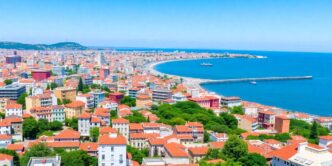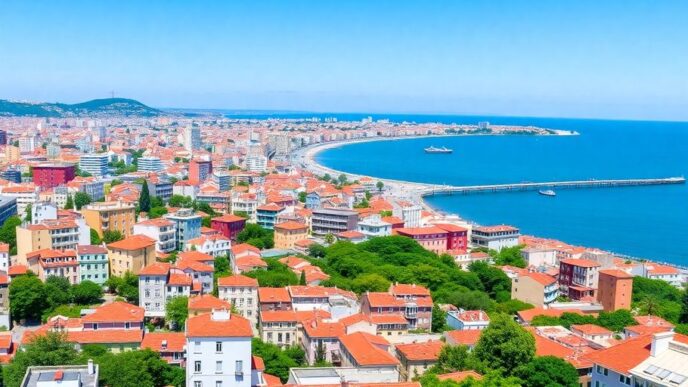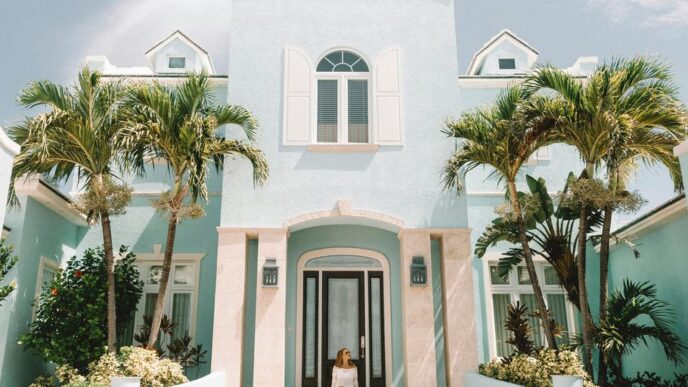Vacation home startup Myne has successfully raised €40 million in a Series A funding round to fuel its expansion into new markets, including Portugal and Croatia. The Berlin-based company, which offers shared ownership of vacation properties, aims to become profitable by 2024.
Key Takeaways
- Myne raised €40 million in Series A funding led by Limestone Capital.
- The startup plans to expand into Portugal and Croatia.
- Myne aims to achieve profitability by 2024.
- The company currently operates in six countries and offers shares in around 50 properties.
- Myne’s business model allows up to eight co-owners per property.
Funding and Expansion Plans
Myne, a Berlin-based proptech startup, has secured €40 million in a Series A funding round led by Limestone Capital, a private equity firm specializing in hospitality and real estate. The funding will be used to expand Myne’s portfolio of vacation properties into new markets, specifically Portugal and Croatia. This brings the total investment in Myne to €60 million.
Business Model and Market Presence
Founded in 2021 by Nikolaus Thomale and Fabian Löhmer, Myne offers a unique business model that allows up to eight co-owners to share ownership of a vacation property. The startup currently operates in six countries: Germany, Austria, Italy, Spain, France, and Sweden. Myne’s platform features around 50 properties, ranging from chalets in the Austrian Alps to villas in Sweden.
Customer Base and Internationalization
Myne’s customer base has primarily been from the DACH region (Germany, Austria, and Switzerland), but the company is seeing increasing interest from the Benelux countries, Scandinavia, and the UK. The startup recently expanded its portfolio and customer base through the acquisition of Düsseldorf-based competitor Villa Circle.
Financial Goals and Future Plans
The company plans to use part of the new funding to simplify access to properties and financing for its customers. This includes investing in its own financing platform. Myne also offers property management services, including maintenance, furnishing, and cleaning, for a monthly fee. Co-owners can book their vacation time through an app, with each owner entitled to 6.5 weeks per year.
Addressing Market Challenges
Despite the challenges in the real estate market due to rising interest rates, Myne has seen a surge in demand. The company attributes this to trends like hybrid work and rising hotel costs. Myne’s co-ownership model aims to reduce vacancy rates in vacation homes and make ownership more accessible to families with smaller budgets.
Social Impact and Sustainability
Myne’s business model also addresses social and environmental concerns. The company aims to combat the negative effects of mass tourism by promoting responsible ownership. According to Thomale, co-owners are more invested in the well-being of the local community and environment compared to short-term renters. Myne’s properties are occupied 80% of the year, and significant funds are invested in their upkeep.
With fresh capital and ambitious expansion plans, Myne is well-positioned to grow its market presence and achieve profitability. The startup’s innovative co-ownership model not only makes vacation home ownership more accessible but also aims to address broader social and environmental issues.













